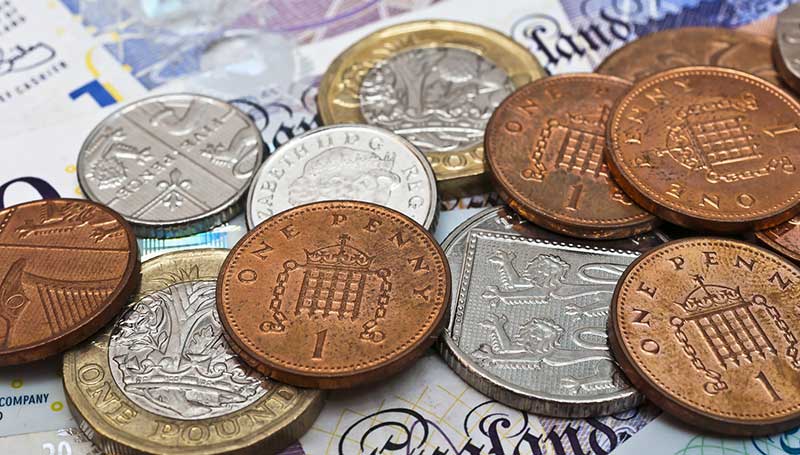29
May 2018
Millions of People Across the UK are Behind on Bills
A report from debt charity StepChange has shown that around three million people in the UK were in arrears on at least one bill during 2017, and millions more had to use credit to pay for some basic household good or service.
The ‘Behind on the Basics’ report aims to show the extent to which many people up and down the country are struggling to make ends meet in the most basic ways. 20% of StepChange’s debt advice clients last year got in touch with the charity because they were behind on at least one essential household bill. This amounted to a total of 140,000 people, and StepChange estimated that altogether “over 3m people fell behind on their essential household bills” during the year.
Arrears were found to be most common among lower income families across all seven designated categories of essential bills: “rent, mortgage, council tax, electricity, gas, water and TV license”. Younger people were particularly at risk of falling into arrears on council tax and water, and people who rented displayed high levels of arrears across the board compared to home owners – although both groups had comparable levels of arrears on housing costs.
StepChange blame a combination of increasing living costs, insecure work, and squeezed wages for the difficulties people are facing in paying their basic household bills. They found that people in insecure jobs (either people on zero-hour contracts or people whose income varied month to month) were twice as likely to be in arrears than people in more stable employment. This partly explains the high levels of arrears among younger people since, as the report explains, “one in five of 16-24 year olds and one in ten of 25-29 year olds were in insecure work between October 2014-October 2016, compare to 6% of 40-44 year olds”.
StepChange’s head of policy, Peter Tutton, said: “There is a huge opportunity for utilities providers, local authorities, landlords and other creditors to reflect on how they can create more flexible and personalised payment schedules for people whose incomes fluctuate.
“For example, higher payments in some months and lower payments in others could help people to work around foreseeable financial pinch points in the year, and potentially help them to keep up their agreed payments.”
High levels of arrears on essential household bills were also reported among people described as “vulnerable” – this includes the elderly and disabled. 57% of vulnerable clients who contact StepChange were behind on at least one bill.
Beyond StepChange’s data from its own clients, and corroborating data from other charities and groups, another key indicator that people are struggling is the increasing reliance on credit to pay essential household bills. In 2017, according to StepChange research, “9.3 million people in Great Britain used credit to pay for their everyday household expenses”. This is an increase from 8.8 million in 2016. While some of these people may be using credit to pay their bills in order to earn rewards on their credit cards, the numbers are still cause for concern. Moreover, 1.4 million of these people used high cost credit (e.g. payday loans) to pay their bills - a sure sign of desperation.





